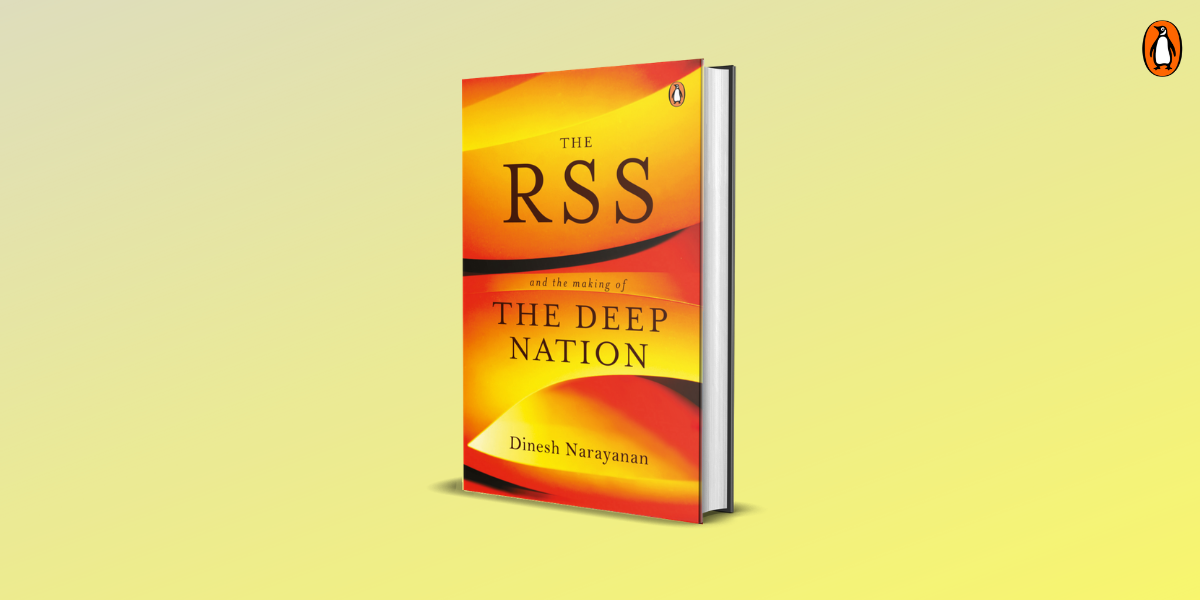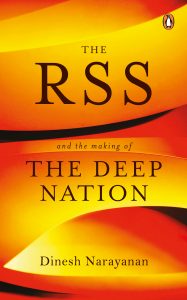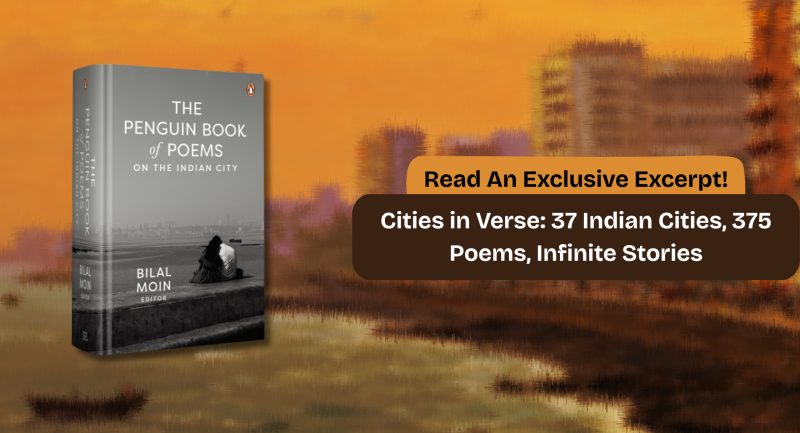
Since its inception in 1925, the RSS has perplexed observers with its organizational skills, military discipline and single-minded quest for influence in all walks of Indian life. Often seen as insidious and banned thrice, the pace of its growth and ideological dominance of the political landscape in the second decade of the millennium have been remarkable.
Delhi-based journalist Dinesh Narayanan is deeply interested in understanding the interplay of politics, society and business and the impact of these on our lives, both as individuals and collectively as a nation.
**
In June 2018, the Ministry of Defence and the Prime Minister’s Office (PMO) discussed a proposal to train a million young men and women annually to prepare them for the purpose of creating a disciplined nationalist force of youth. Titled the National Youth Empowerment Scheme (N-YES), the year-long training was proposed to be an essential qualification for enrolment in the army and paramilitary services. The scheme was aimed at instilling values of discipline, nationalism and self-esteem in young people, the Indian Express reported. The government called the report sensationalizing but did not deny the meeting in the PMO. It said the meeting had discussed strengthening the National Cadet Corps (NCC) and the National Service Scheme (NSS).
Established in 1948, at the instance of then prime minister, Jawaharlal Nehru, and home minister, Sardar Patel, in the wake of the invasion of Kashmir by Pakistan-supported tribesmen, the NCC’s stated aim is ‘developing character, comradeship, discipline, a secular outlook, the spirit of adventure and ideals of selfless service amongst young citizens . . . and creating a pool of organized, trained and motivated youth with leadership qualities in all walks of life, who will serve the nation regardless of which career they choose’. The NSS was established to provide ‘hands on experience to young students in delivering social service’. These organizations’ values aligned with those of the RSS although the latter’s definition of ‘secular outlook’ is different. It contends that India is a Hindu nation, and a Hindu by nature and definition can be nothing but secular. Like the NCC, the RSS also considers itself as a reserve force.

The RSS
Dinesh Narayanan
The N-YES proposal sounded very close to the RSS’s idea of creating a militaristic society. Sarsanghchalak Mohan Bhagwat has claimed that although the RSS was not a military organization, its discipline was like that of the army. While the army may require six to seven months to ready a force, the RSS could raise a trained force of its volunteers in three days.
Organizers of Hindus often rue that they are pusillanimous compared to other communities. V.D. Savarkar, one of the early ideological mentors of the RSS, wrote: ‘At the time of the first inroads of the Muhammadans, the fierce unity of faith, that social cohesion and valorous fervour which made them as a body so irresistible, were qualities in which the Hindus proved woefully wanting.’
**
The RSS is a close and relevant insight into the current socio-political landscape of our country.









